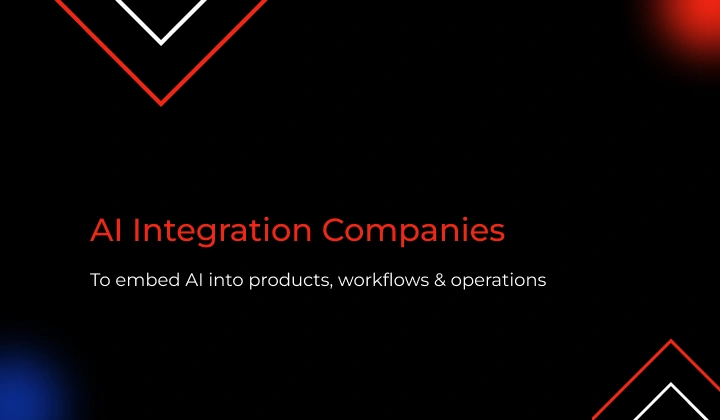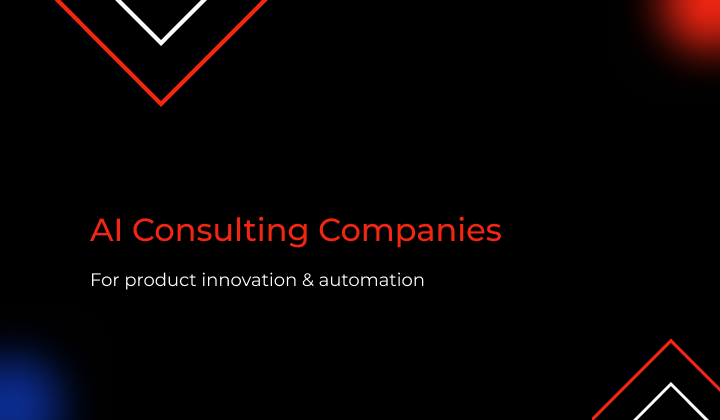AI Agent builders help you create, run, and manage agents without needing to start from scratch.
But not every builder fits every need. Startups, enterprise teams, and solo developers all work differently.
So, here’s a simple breakdown — what works for whom, and why.





 13 mins
13 mins











 Talk to Our
Consultants
Talk to Our
Consultants Chat with
Our Experts
Chat with
Our Experts Write us
an Email
Write us
an Email







